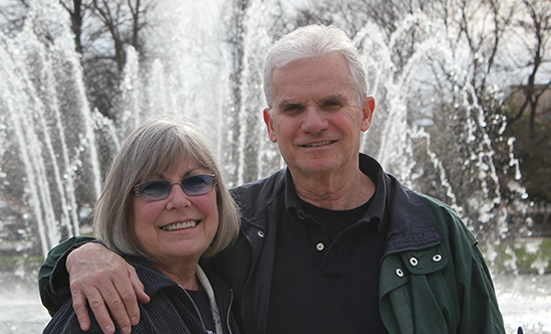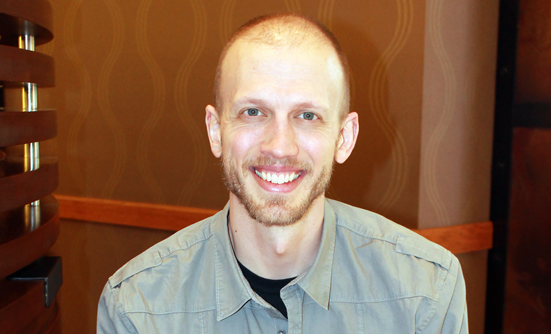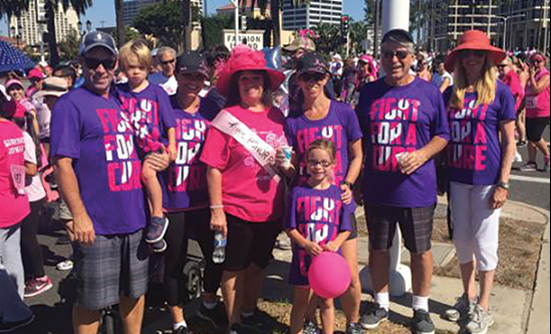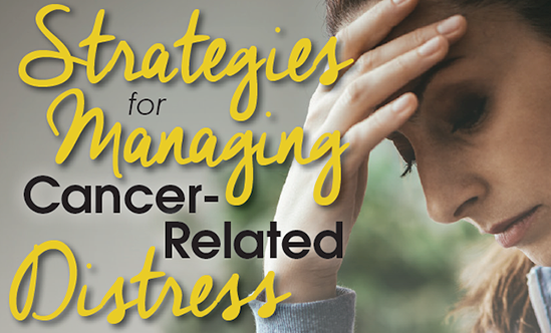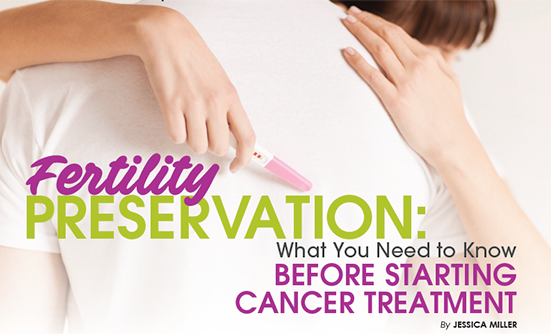Survivorship
Dr. Sekeres and Dr. Gilligan examine the hidden problem of uniformed patients, and offer tips for patients to better communicate with and understand their doctors. Read More ›
It’s certainly true that great medical strides have been made in recent years in the diagnosis and treatment of cancer, but there has been less focus on addressing issues uniquely associated with the patient’s experiences. Read More ›
By Dan Dean
Survivorship can feel like a game of cancer whack-a-mole: pound one issue flat and another pops up, often where you weren’t even looking. Read More ›
The ability to cope with a cancer diagnosis and the aftermath of treatment often requires an inner strength that supports an individual’s ability to rebound and recover. This strength is often referred to as “resilience.” Read More ›
Nearing the 12th anniversary of her dearest friend’s passing, Ginger Modiri reflects. Read More ›
Before sitting down with your oncologist for the first time, there are a few things you can do to prepare physically and mentally. Read More ›
Here comes the New Year and excitement about new goals. With some planning, you can set goals that will bring you the rewards of a healthier lifestyle. Read More ›
When dealing with a cancer diagnosis, discussion of a cancer treatment plan is vital to help guide decisions about lifestyle and treatment. Equally important is a consideration of the individual who is experiencing cancer. Read More ›
Once the statement “you have cancer” passed through my ears and hit my brain, I experienced a temporary form of hearing loss. I could see the radiologist’s lips moving, but I didn’t hear a word he was saying. Read More ›
Many young adults with cancer don’t ask questions about their ability to have children after cancer treatment, despite wanting to have biological children. Not asking the right questions about fertility preservation before starting chemotherapy, radiation, or other treatments for cancer can lead to fertility problems and even infertility later on. Read More ›






